November 4, 2022
Responsible capitalism, and space as a service will shape real estate industry over next 20 years
 Europe’s real estate leaders have set out a long-term vision for the industry. In this scenario the most successful firms have adopted ‘responsible capitalism,’ the user is the centre of attention, the cycle of demolition and development has been broken, mixed-use is the norm and multi-disciplinary and in-house teams deliver space as a service across a range of sectors. Emerging Trends in Real Estate Europe 2023, the twentieth annual survey of European real estate sector leaders’ expectations by the Urban Land Institute (ULI) and PwC, has looked beyond the year ahead at the trends shaping the industry over the next two decades. This report captures the views of over 900 sector leaders from across Europe. More →
Europe’s real estate leaders have set out a long-term vision for the industry. In this scenario the most successful firms have adopted ‘responsible capitalism,’ the user is the centre of attention, the cycle of demolition and development has been broken, mixed-use is the norm and multi-disciplinary and in-house teams deliver space as a service across a range of sectors. Emerging Trends in Real Estate Europe 2023, the twentieth annual survey of European real estate sector leaders’ expectations by the Urban Land Institute (ULI) and PwC, has looked beyond the year ahead at the trends shaping the industry over the next two decades. This report captures the views of over 900 sector leaders from across Europe. More →











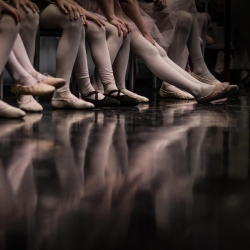
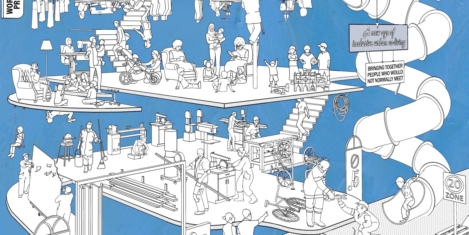
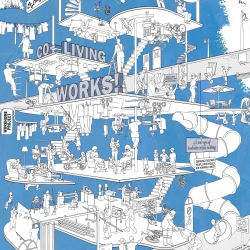




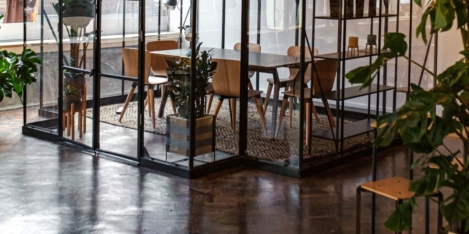
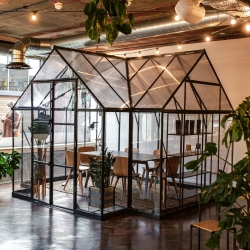 Access to workplace counsellors, mental health training and support groups are topping the charts on what workers want on their return to the office, according to new research by
Access to workplace counsellors, mental health training and support groups are topping the charts on what workers want on their return to the office, according to new research by 


 A new study conducted by
A new study conducted by 










September 7, 2022
Remote work and the things we have learned about it
by Sara Whitman and Isabel Conrad • Comment, Flexible working